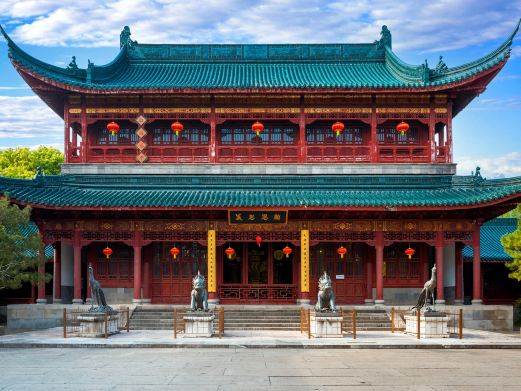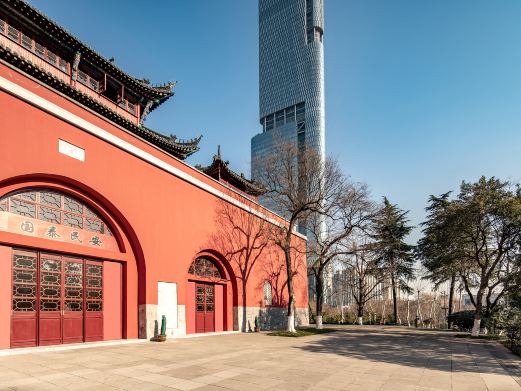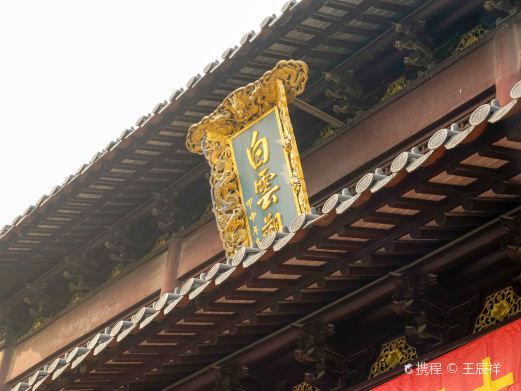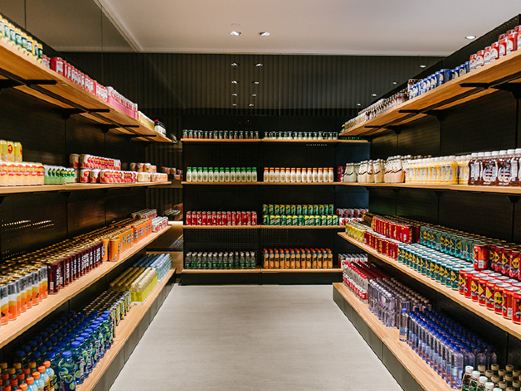Zhao Garden and Zeng Garden are both parts of the original ‘Xiao Wangchuan’ site built by Qian Dai, a censor during the Ming Dynasty’s Wanli period. During the Tongzhi and Guangxu reigns of the Qing Dynasty, the garden belonged to Zhao Liewen from Yanghu, who was a senior aide to Zeng Guofan. Later, it was owned by Sheng Xuanhuai from Wujin. Zeng Garden, originally known as Xu Kuo Garden, covers an area of more than 20 acres and was part of the ‘Xiao Wangchuan’ garden built by Qian Dai during the Ming Dynasty.
It was purchased by the Zeng family during the Tongzhi period and was built into a home by Zeng Zhizhuan, a senior official in the Ministry of Justice during the Guangxu period, and has been a famous classical garden in Jiangnan for over 120 years. Zeng Pu, a renowned modern Chinese writer and translator, spent his youth and later years in the garden.Zeng Garden’s garden art centers around a more open water surface in the middle, with garden views arranged around the pool. Pavilions, terraces, and towers are well-arranged, with mountains and waters meticulously laid out. The long corridors meander, willow embankments rest on waves, and flowers and trees are lush, providing a changing view with every step, making it a feast for the eyes. Especially, the garden borrows scenes from Yu Mountain everywhere, with the water’s light and the mountain’s colors creating a heavenly painting, which is very refreshing and makes it stand out among the famous classical gardens in Jiangnan.
Zeng Garden is a collection of famous spots, known far and wide for its sixteen scenes, including Gui Geng Ke Du Lu, Shui Tian Xian Hua, and Jun Zi Chang Sheng Shi (now Zeng Pu Memorial Hall), among others. The ancient red bean tree and camphor tree are relics from the Ming Dynasty’s ‘Xiao Wangchuan’ garden and are known as the ‘Twin Treasures’. They are still full of vitality and very precious.
Zhao Garden, also known as Shui Wu Garden, is adjacent to Zeng Garden and was built during the Tongzhi and Guangxu periods. It was also part of the ‘Xiao Wangchuan’ garden built by Qian Dai during the Ming Dynasty. During the Jiaqing period, Wu Junji, a local person, planted bamboo and raised fish here, with ponds everywhere and the fragrance of lotus spreading for miles. Hence the name ‘Shui Garden’.









